Cucumber violently assaulted the audience from the off. There was nothing to like about Henry or Lance. Henry came across as a miserable twat and Lance as desperate and a bit wet. Both of them came across as creepy. The viewer was then smacked in the face with a group of desperate, depressed, and/or predatory queens screeching at Grindr like a drunken hen party from Scunthorpe. As a gay man watching I was embarrassed to think that people might see this and think that this is what we're all like.
It's still very much got a Queer as Folk vibe and it's very much a Russell T. Davis production. I feel that you could really tell that in it, but it is a bit more human, compared to Queer as Folk. As much as I didn't necessarily feel that I could relate to the characters in Cucumber, I felt like I did have a bit more empathy towards them, that they were a bit more human and a bit easier to understand compared to Queer as Folk, where it was all very cold and plastic really.I was a bit worried that for a non-LGBT audience it was all going to be about sex and wasn't going to convey LGBT issues in the right light, so I was kind of glad that it did have that kind of depth beyond it, and for a first episode there was quite a bit to it. It wasn't the brilliant episode I expected it to be but it's not going to stop me from watching next week. I'm interested to see how the rest of it develops.
Because there is so little LGBT representation in the media, and the episode ended on a negative note, it reinforced what we always see when gay relationships are portrayed – they end in tragedy. I was kind of hoping that Cucumber would show something a bit more affirming, but it didn't. That was a bit disappointing for me.But it's not something you can really blame Russell T. Davis for – the writer writes what he knows. The issue is we don't have enough space to explore every single aspect of what life is like for LGBT people.
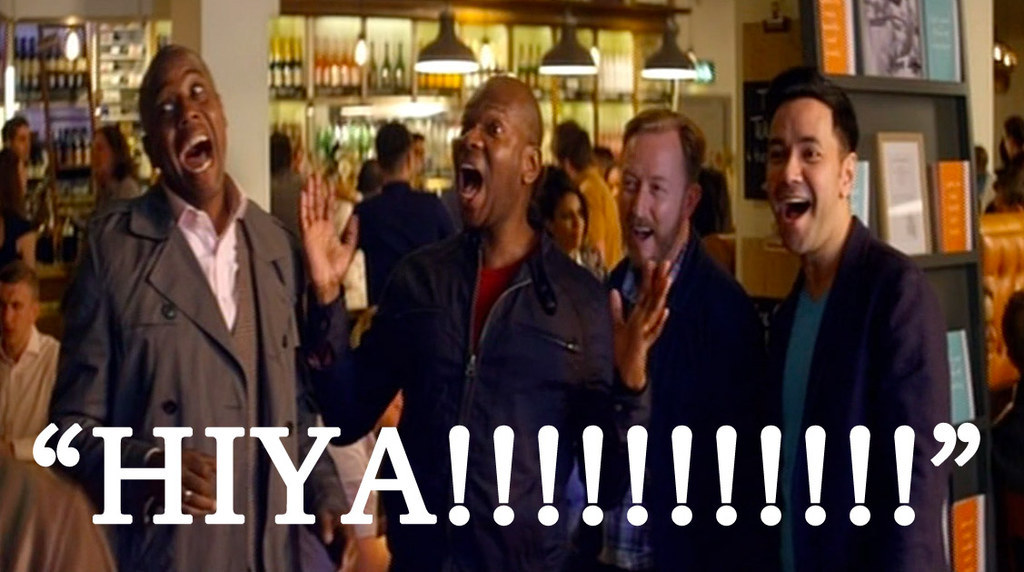
The fact that they start with a group of gay men who are clearly not in a gay bar, happily sitting there having discussions – 15 years ago, if that was a scene in Queer as Folk, it probably would have ended with some kind of homophobic abuse or attack or something.I think there were many quite subtle aspects of the episode like that which might not necessarily have been too noticeable, showing gay people living quite openly and comfortably, which actually says a lot about societynow.The problems they were discussing were problems that would also affect heterosexual couples, like one person wanting to get married and the other not wanting to get married, so I think it's really good that the issues that hopefully come out are not 'gay issues', they are human issues.
I like the fact that it was showing older gay people. I thought that was interesting. You really don't see that type of character that much on TV, and I could recognise certain elements of all the characters in people I know.
I was really looking forward to it because I really like Russell T. Davis and I was so excited about seeing it, but it just felt so stereotypical right from the start, and it was just about sex, the whole way through, and I'm not a prude but I'm just not that interested in sex, especially male sex. It doesn't work for me. I can see people who like Queer as Folk would like it, but we needed Queer as Folk when Queer as Folk was on – we don't need this any more. We just need a normal show about relationships in a normal way, not this stereotypical 'all gay people think about is sex, all gay people want is sex'. It's just not true.
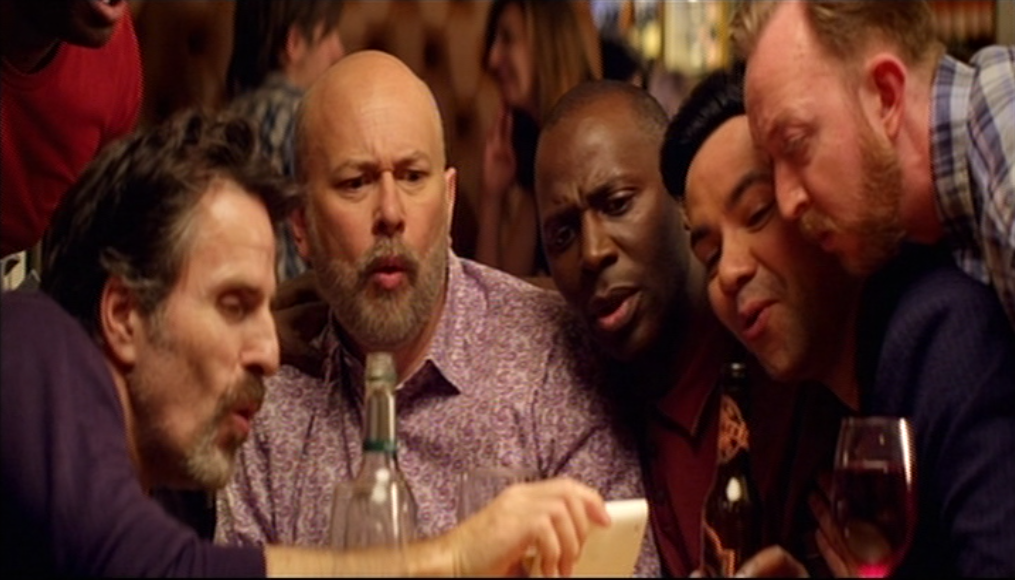
I think the programme was fairly ridiculous and unrealistic, but I think that at the end of the day it's a comedy, it's meant to be entertainment so you know, it kept it kind of fun.I can understand why some gay people would watch it and just hate it and literally its just focusing on sex and how that might wind some people up, but I didn't find that an issue. I thought it worked well as a comedy.And it was really nice as well the fact that it was still based in Manchester, it had that local feel which I think a lot of people would be able to relate to in their own way.
I watched Banana [another new Russell T. Davis drama on E4 directly after Cucumber] afterwards and found it much more relatable, I guess because I am not a middle-aged man. Cucumber wasn't that relatable to me. I think the age of the character is one of the things [that I like about Cucumber more], but the whole tone of the show felt more lighthearted. Banana was a bit more like a character piece, because the characters felt likeable and you were brought into it more.
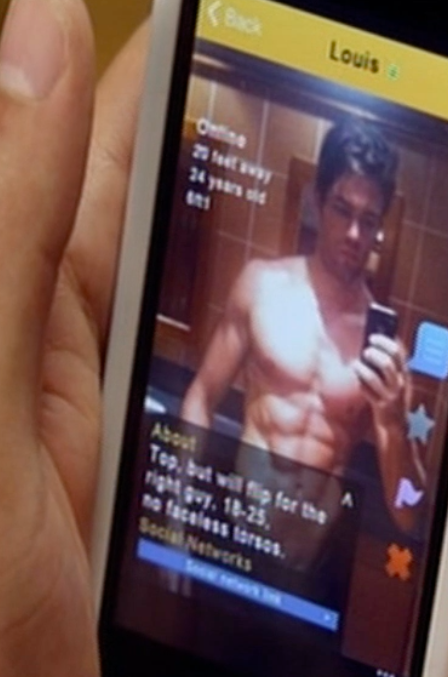
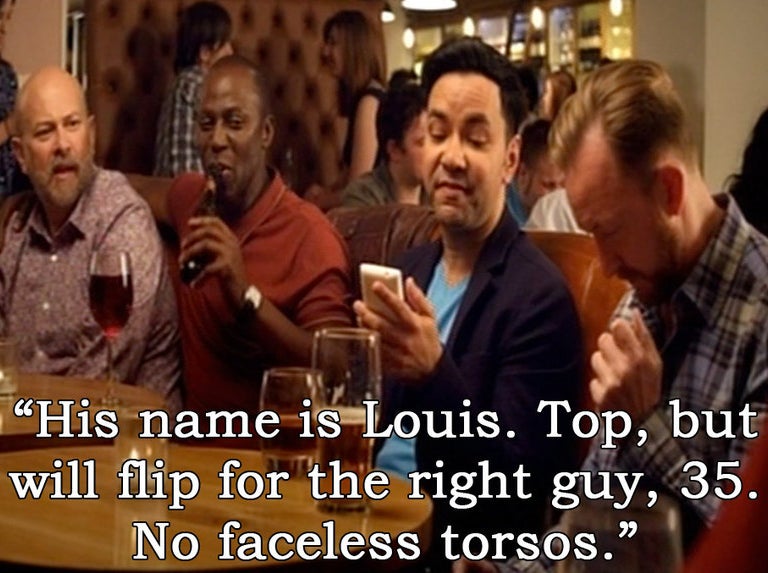
I really liked the character and the kind of central conceit of the character, the fact that he is a mess of contradiction, like being very flamboyantly gay but hating gay men. And pushing away his boyfriend but then desperately trying to cling on to him when he then goes off with the other guys.As much as everyone enjoys being part of the scene and enjoys being part of gay culture, I like it that he didn't like that as much and had been put off by it. The not feeling so comfortable in your own skin that he experiences, I think that was believable.
Having watched the complete series of Queer as Folk 16 years ago, which was controversial, witty, groundbreaking, and refreshing, Cucumber pales into the realm of clichés, stereotypes, and over-the-top middle-aged men. I'm the same age as those portrayed and it's like having to watch old farts attempting to capture the heady days of Queer as Folk, chasing young men and failing miserably. Like Queer as Folk, the hook of the story is sex but where its younger counterpart was shockingly and embarrassingly real in parts, Cucumber attempts to balance it out with too many disjointed threads of love, past, new, and rekindled. And the attempt to capture the diversity of a multicultural Britain, and the depiction of BAME faces in the scenes: How many do you actually see in one sitting, integrating successfully within the LGBT community?
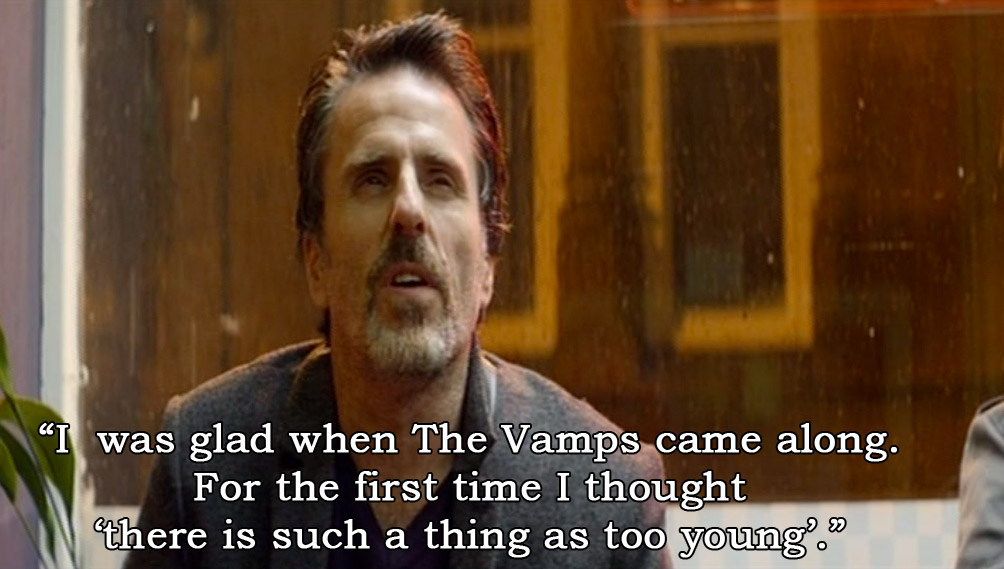
For so long many of us have grown tired of the sentence 'Stop throwing homosexuality in our faces', which gives me another reason to love these dramas [Cucumber and similar programmes], because their advertising is second to none.Then there's the diversity. Being 'out' bisexual black British isn't common. It gets lonely! Before coming out, I often wondered if the black community just didn't 'do' or embrace other sexual preferences. So it's great to see people of different backgrounds having these groundbreaking roles. It's the kick up the backside we need.
Honestly, I think Cucumber managed to get closer to the reality of what being gay and on the scene is like than Russell T. Davis ever intended, which replaces the utter shock value that Queer as Folk had, which I was kinda expecting to be redone to an extent.The threesome reminded me of a couple a mate had sex with on holiday, especially the vicious fights that ensued during and after – minus the police. The break-up was, thematically, eerily like my break-up last month, where a small argument about large personal beliefs spiralled into this huge maelstrom of shit.
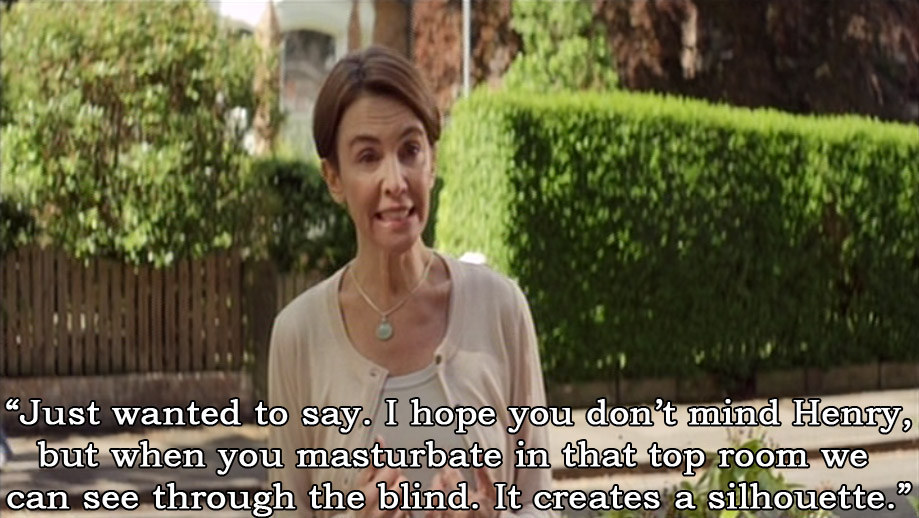
When they are in the nightclub and they're ogling the younger lads, I've totally seen that, they absolutely got it right. And you know, when the guys were sat in the restaurant and they have Grindr come up and stuff like that and the behaviours like, it was spot on. Other aspects, like when they are having a kerfuffle in the house, that's stuff that I've not really seen before. So in summary I'd say, to me strands of it were absolutely bob on, like, comically so, from what I've seen."
I really liked the realism of it. I mean, lots of people have been talking about it representing people and whether it's like your life and so on, and it's not very much like my life. I mean, obviously – it's supposed to be quite an extrordinary situation in the first place, with the main character's life unravelling in one evening, but even the more pedestrian bits don't exactly mirror bits in my life either. It still feels a lot more relatable than something like Looking or parts of Queer as Folk.It managed to fit a lot of sex and adult humour and topics into it without seeming really slutty all over and wanting to shock and being, 'Oh my god, men having sex.'
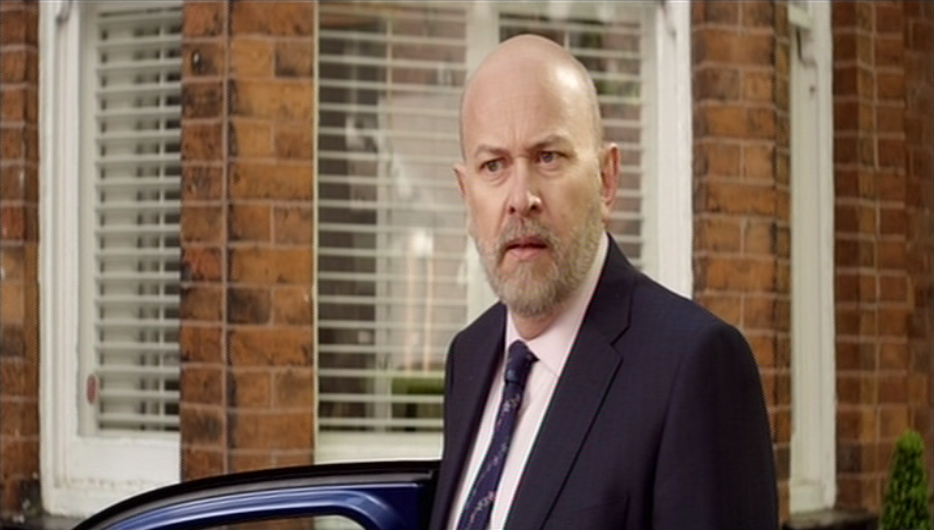
There's a frustration in not seeing yourself represented, which is completely understandable when you are in a minority or you feel like you are in a minority. It's much more complicated than that. I think if you saw a laser sharp representation of yourself on screen you wouldn't recognise it, or you would react against it like it is wrong, because it is like looking at a photo of yourself. No one likes it.

